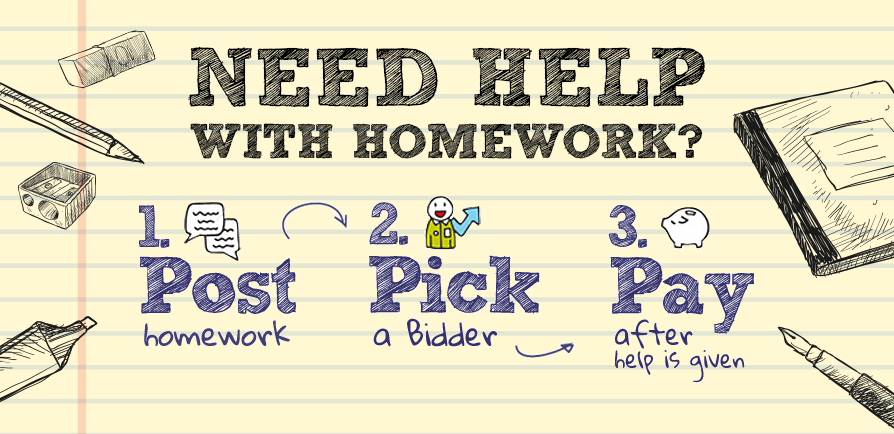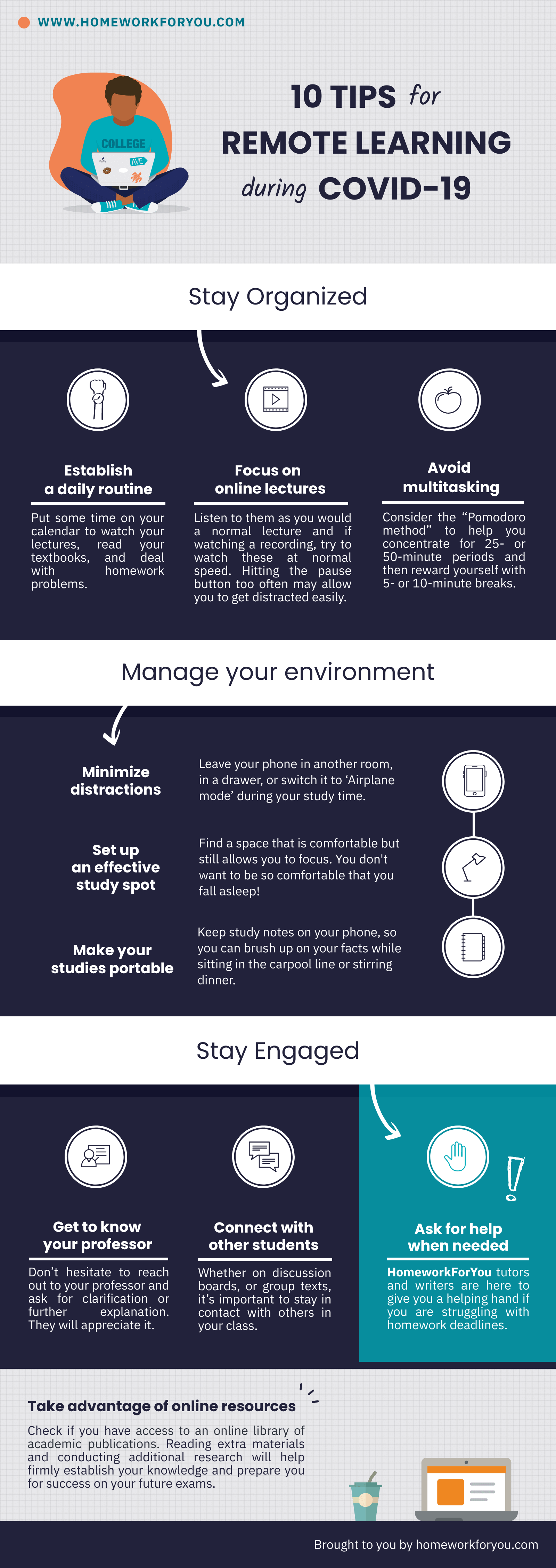New academic year, new beginnings. Although starting college is thrilling, a lot of college freshmen may find themselves falling into pitfalls. Most likely, everyone makes mistakes, and it is okay. However, it is important to be aware of them to not hurt a school transcript and GPA. Here are a few things to keep in mind to make your first year go like clockwork.

1. Don’t Miss Too Many Classes
Skipping class in high school might not seem like a biggie but, in college, it could have some serious after-effects. First of all, it is easy to fall behind. The majority of tutors and lecturers place a lot of weight on class attendance, and you can only participate if you are there personally. Moreover, cutting more than a specific number of classes can lead to an automatic fail for some courses.
2. Don’t Trust Anyone When It Comes to Group Projects
Let’s face it: many college freshmen struggle with group assignments. It is often unfair because of randomly assigned group members, poor communication, unequal workload, and complex time scheduling. To avoid getting thrown under the bus with a combined mark, track participation with digital tools.
For example, always note who is doing which section, how many meetings you have had, attach correspondence with other group members, etc. If some students are jeopardizing the project, let your professor know about it. At the end of the day, it is your grade.
Never stop doing your best just because someone doesn’t give you credit.
– Will Smith
3. Don’t Pull an All-Nighter
For cramming students, the only possible way to get homework done is to pull an all-nighter. Skipping one night of sleep may not affect a student’s grades, but getting enough sleep every night is important to academic success. If a busy schedule makes it hard to get a good night’s sleep, learn to embrace a nap the next day. There is no shame in taking a 30-60 minute nap to refresh yourself. Bear in mind that a longer shut-eye can leave you groggy after waking up.
Continue reading










